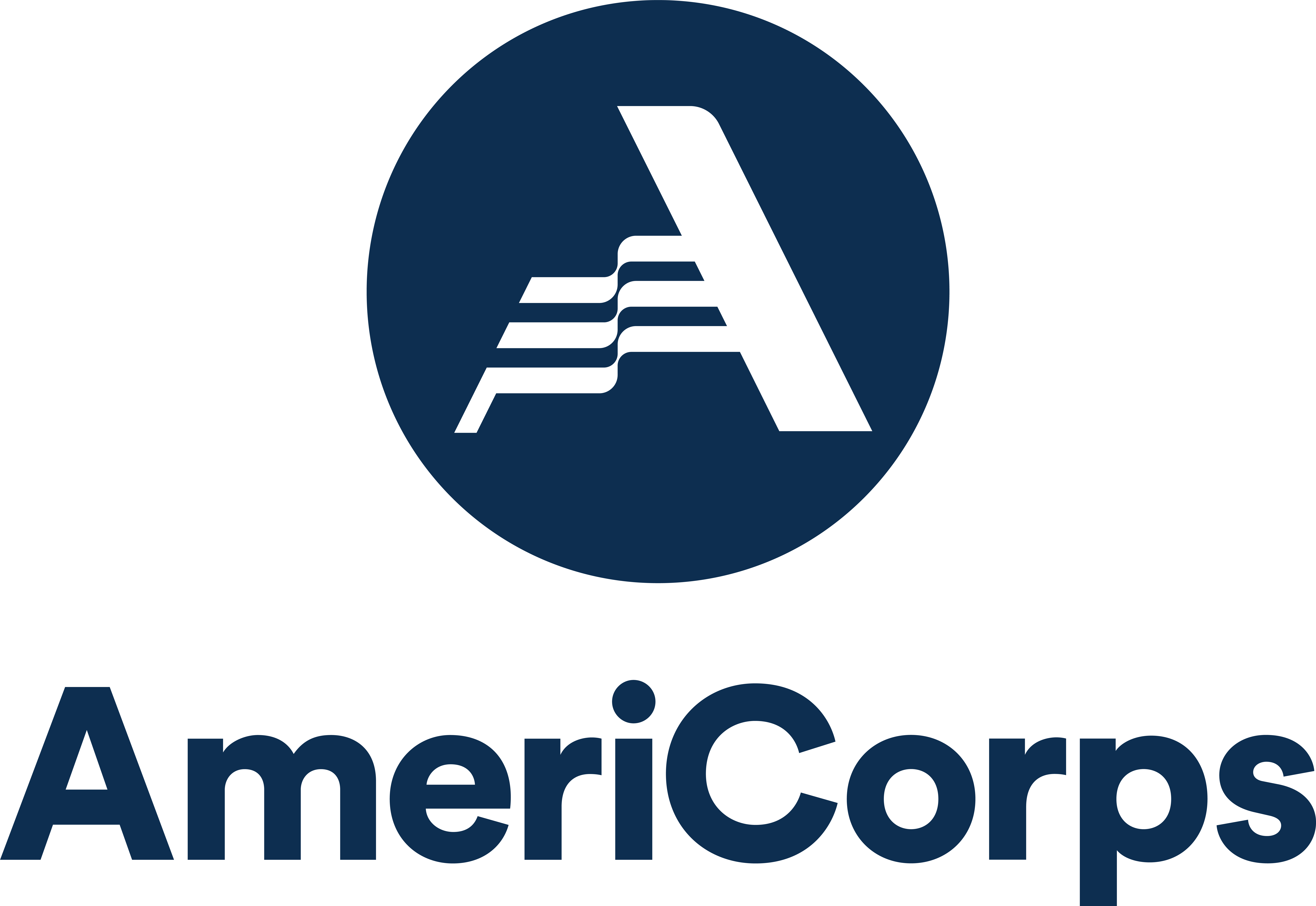
Christian Appalachian Project is constantly changing and growing, working to become more effective at meeting the needs of the people we serve. While the organizational focus is children and their families, the elderly, and people with disabilities, there is a great focus on youth. CAP is working to develop and implement compassionate programming that emphasizes uplifting young people and the family systems in which they live.
Fantastic examples of this aspiration are within our Child and Family Development Centers. Recently, our Family Life Child and Family Development Center in the Cumberland Valley received its National Association for the Education of Young Children (NAEYC) accreditation. The center is now one of only 101 centers in the state to have this prestigious accreditation.
The process of becoming NAEYC accredited is lengthy and tough, but worth it to be recognized as one of the best child care facilities in the state. Center Director Sharon Goff shared that it was an honor to receive the accreditation, and the Child Development team was able to celebrate this victory in June of 2015.
“The Child Development Center means a lot to me and I love working at the center,” she shared. “It is important to me to try to help the children learn. It is also meaningful to help the families set goals for their children and then at the end of the school year to see those goals are being met or exceeded. This is a wonderful feeling.”
According to the NAEYC website, accredited programs invest in early childhood education because they believe in the benefits to children and families. Early childhood experiences — from birth to age 8 — have an enormous impact on children’s lifelong learning and positively contribute to their health and development. Early childhood education programs with the mark of quality benefit children with greater readiness for and success in school.
There are four steps CAP’s Family Life Child and Family Development Center worked through in the journey to achieve accreditation. Step one: Enrollment/Self Study; Step two: Application/Self-Assessment; Step three: Candidacy; and Step four: Meeting and Maintaining the Standards.
For enrollment and self-study, the team had to align their program with NAEYC’s ten early childhood program standards. These standards are relationships, curriculum, teaching, assessment of child progress, health, teachers, families, community relationships, physical environment, and leadership and management. Programming was assessed and the center ensured that they complied with each area.
Step two required the center to show documented evidence of compliance with the ten standards in order to get to step three, which is becoming an actual candidate. Once a candidate, the team was able to demonstrate the high quality performance they achieve on a daily basis. This was in preparation for a site visit, which was step four. NAEYC Assessors came to the center to evaluate whether or not they were meeting the ten standards.
While these steps are easily summarized, the hours of work, care, and fine-tuning from the team was a display of the passion for the children and families being served by the center, and the team’s commitment to true excellence.
After this rigorous process, Family Life Child and Development Center still must maintain the accreditation by submitting annual reports, updating NAEYC with major programming changes and licensing, and agreeing to random unannounced visits.
“The Child Development Center holds a special place in my heart and means a great deal to me,” Sharon concluded. "Each child and each family is what makes the center special and that is important to me."







